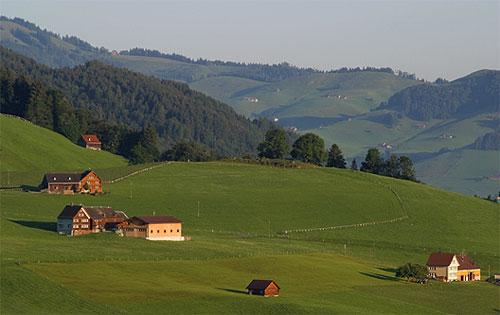|
Mammamattawa, Ontario
Mammamattawa is a dispersed rural community and unincorporated place in the Unorganized North Part of Cochrane District in northeastern Ontario, Canada. It is located at the mouth of the Kabinakagami River at the Kenogami River, just downstream of the mouth of the Nagagami River at the Kenogami, in the James Bay drainage basin. The Constance Lake First Nation operates a camp at Mammamattawa. History The first inland post of the Hudson's Bay Company, named Henley House, was established at the confluence of the Kenogami River and Albany River in 1743. A new post was established in 1884 at the confluence of the Kenogami River and the Kabinakagami River. It was known as the English River Post, as the Kenogami was also known as the English River. The English River First Nation, the primary forerunner to today's Constance Lake First Nation, had a reserve set aside for their use just north of the post in 1912, which remains part of the Constance Lake First Nations lands as English R ... [...More Info...] [...Related Items...] OR: [Wikipedia] [Google] [Baidu] |
Dispersed Settlement
A dispersed settlement, also known as a scattered settlement, is one of the main types of settlement patterns used by landscape historians to classify rural settlements found in England and other parts of the world. Typically, there are a number of separate farmsteads scattered throughout the area. A dispersed settlement contrasts with a nucleated village. It can be known as main human settlements. The French term ''bocage'' is sometimes used to describe the type of landscape found where dispersed settlements are common. In addition to Western Europe, dispersed patterns of settlement are found in parts of Papua New Guinea, as among the Gainj, Ankave, and Baining tribes. It is also frequently met with in nomadic pastoral societies. In Ghana, Kumbyili in the northern region is also an example of a dispersed settlement England In England, dispersed settlements are often found in the areas of ancient enclosure outside the central region—for example, Essex, Kent and the West Cou ... [...More Info...] [...Related Items...] OR: [Wikipedia] [Google] [Baidu] |
